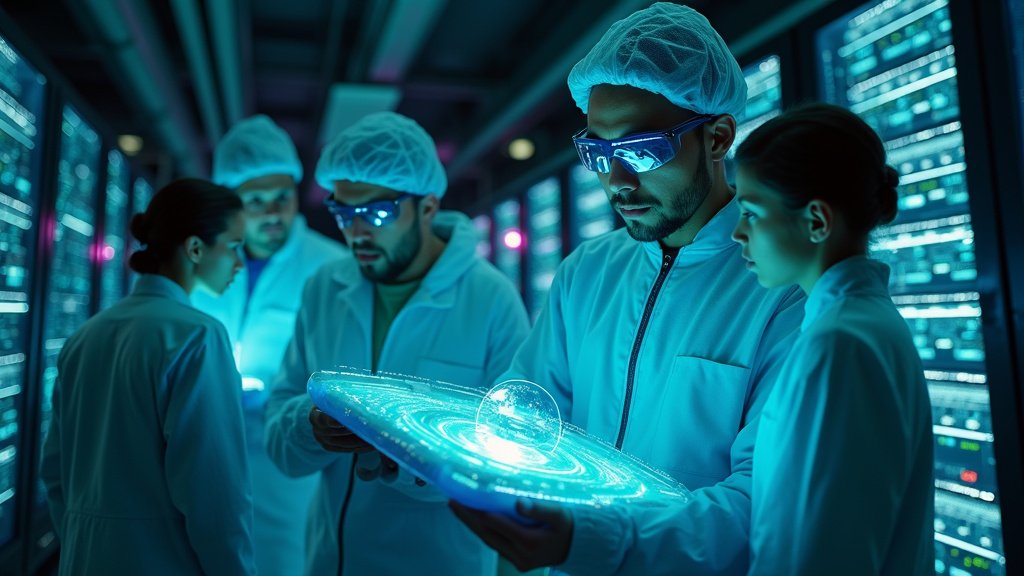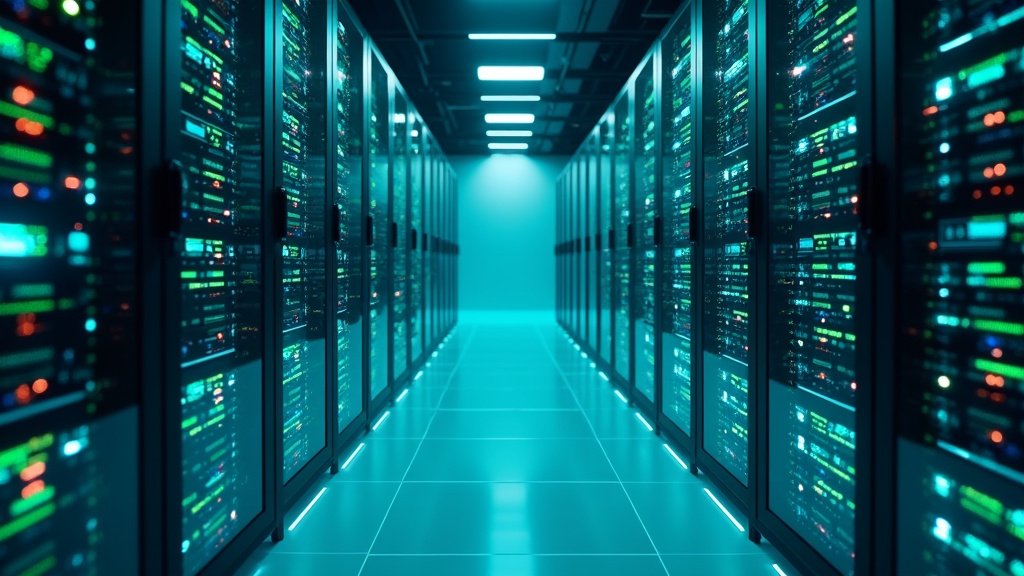The technology landscape is buzzing with activity as October 16, 2025, marks a significant period of innovation, highlighted by groundbreaking announcements from tech giants and ambitious new ventures. From enhanced AI video generation and cutting-edge chip technology to massive data center expansions and the futuristic prospect of space-based computing, the pace of technological evolution is accelerating.
Google DeepMind Pushes AI Video Boundaries with Veo 3.1
Google DeepMind has launched Veo 3.1, an advanced version of its AI video generation model, now integrated into its Flow filmmaking tool. This latest update brings significant improvements, including richer native audio, enhanced realism, and more granular editing capabilities, addressing creators’ demands for greater artistic control. Veo 3.1 refines features like “Ingredients to Video” for precise scene control using multiple reference images, “Frames to Video” for seamless transitions, and “Extend” to generate longer, continuous video sequences. Accessible via the Gemini API, Vertex AI, and the Gemini app, Veo 3.1 offers creators sophisticated tools for producing dynamic and visually compelling content.
Apple Introduces M5 Chip, Boosting AI Performance Across Devices
Apple has unveiled its next-generation M5 chip, representing a substantial leap in its silicon architecture and designed to power its latest lineup of devices with enhanced AI processing. Built on advanced third-generation 3nm technology, the M5 chip features a re-engineered 10-core GPU with integrated Neural Accelerators in each core, delivering over four times the AI GPU compute performance of its predecessor, the M4. Complementing this is a faster CPU, a more capable 16-core Neural Engine, and increased unified memory bandwidth, significantly boosting the performance of the new 14-inch MacBook Pro, iPad Pro, and Apple Vision Pro for demanding AI tasks and applications. The chip’s design also prioritizes energy efficiency, aligning with Apple’s ongoing commitment to sustainability.
Meta Invests Heavily in AI Infrastructure with El Paso Data Center
Meta is making a significant strategic investment in its artificial intelligence capabilities with the construction of a new, AI-optimized data center in El Paso, Texas. This colossal project, with an initial phase investment exceeding $1.5 billion, is set to scale to 1GW and is projected to create approximately 1,800 construction jobs and 100 permanent operational roles. The facility is engineered with a strong emphasis on sustainability, committing to 100% renewable energy sources, advanced water recycling systems, and zero water usage for most of the year. It is also targeting LEED Gold certification. This development marks Meta’s third data center in Texas, bringing its total investment in the state to over $10 billion and underscoring its aggressive expansion in AI infrastructure.
Anthropic Enhances Accessibility with Claude Haiku 4.5
Anthropic has released Claude Haiku 4.5, aiming to make advanced AI capabilities more accessible and affordable. This latest iteration of its lightweight model offers near-frontier intelligence with remarkable speed and cost-effectiveness, making it a compelling option for real-time applications and high-volume tasks. Haiku 4.5 is designed to excel as a sub-agent for larger AI models and supports enhanced tool orchestration and extended reasoning for complex, multi-step tasks. With its improved performance and competitive pricing, Haiku 4.5 is set to become a default choice for many users seeking efficient AI solutions.
Starcloud Envisions Space-Based Data Centers with NVIDIA Partnership
In a bold move towards the future of computing, NVIDIA Inception startup Starcloud is pioneering the development of space-based data centers. The company plans to leverage the abundant solar energy in orbit and the vacuum of space for cooling, aiming to drastically reduce energy costs—reportedly up to 10 times cheaper than terrestrial alternatives—while enhancing sustainability. Starcloud is developing a 5-gigawatt orbital data center utilizing NVIDIA H100 GPUs for advanced AI workloads. This ambitious venture signals a significant shift in data center infrastructure, promising efficient and environmentally conscious solutions for the growing demand for computational power.
Trending AI Tools Gain Traction
Beyond these major industry developments, several AI tools are currently trending:
* Originality AI: This tool is gaining popularity for its capabilities in assessing content quality, including AI text detection, plagiarism checks, and readability enhancements.
* AI Dungeon: Continues to be a favored platform for users seeking interactive, AI-driven storytelling experiences.
* PixVerse: Transforms text prompts or images into animated videos, offering a creative avenue for visual content generation.
* Grubby AI: A tool designed to “humanize” AI-generated text, making it sound more natural and potentially bypassing AI detection systems.
* Joyland: Offers an immersive platform where users can create and engage with AI characters for conversational storytelling.
These ongoing advancements highlight a dynamic period of rapid progress, with AI increasingly shaping the future of technology, content creation, and digital infrastructure.





